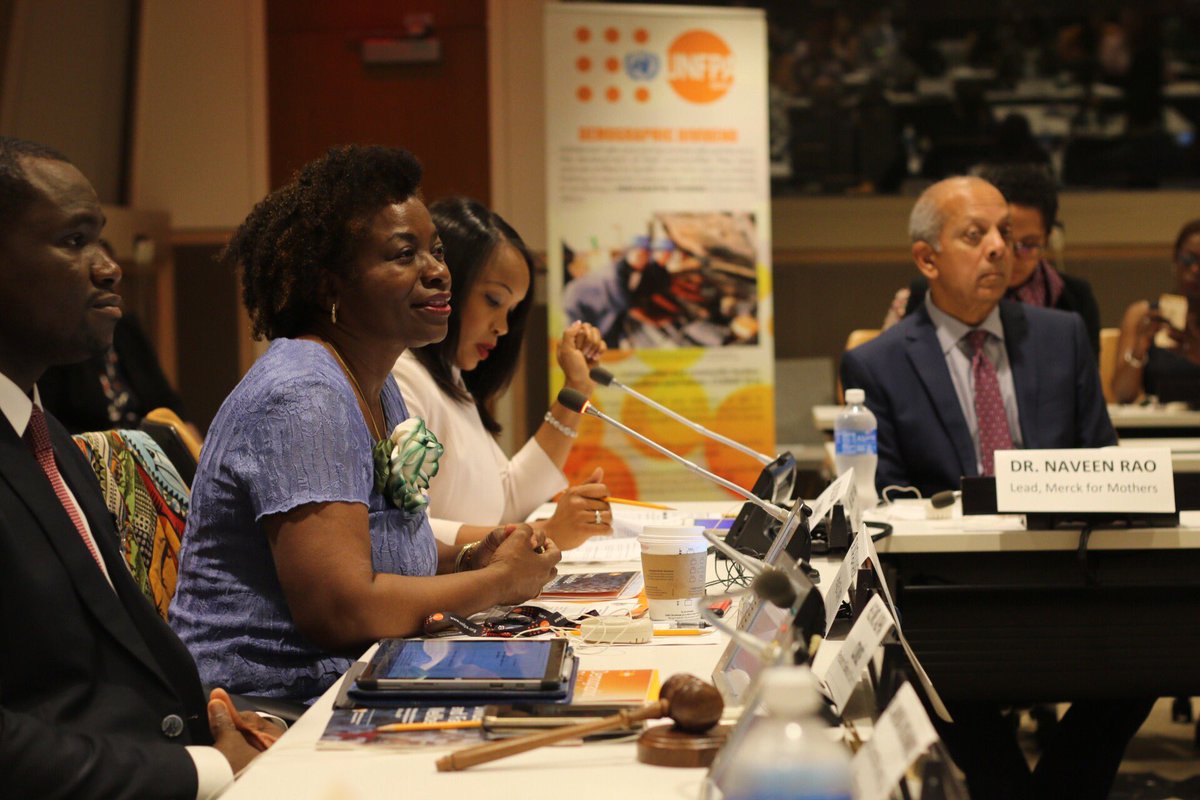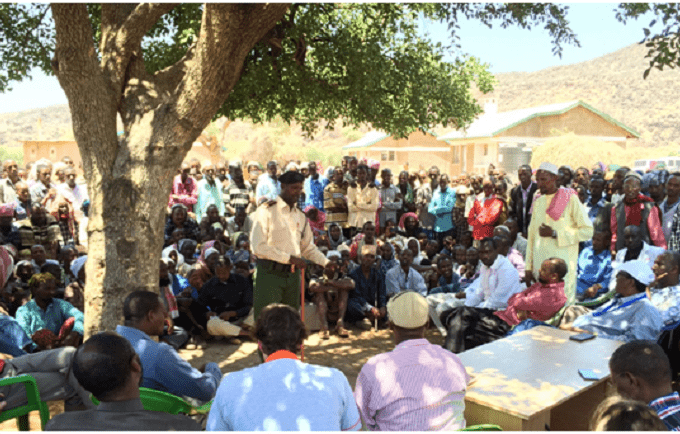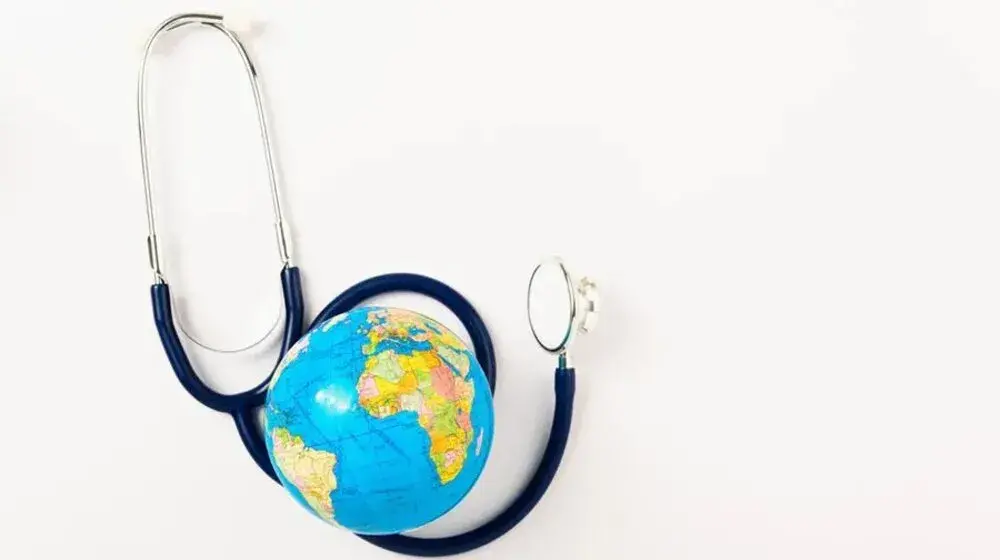Multi-stakeholder partnerships are fundamental to achieve the Sustainable Development Goals (SDGs) and Agenda 2063: The Africa We Want. For this reason, UNFPA is engaging with the private sector to ensure mutually beneficial outcomes that at the same time support the sustainable development plans of countries.

Like the UN Global Compact and other UN agencies, UNFPA acknowledges the essential role that the private sector has and can have in achieving inclusive sustainable development. In particular those sustainable development goals and targets that address the need to invest in human capacity, especially around access to and the full realization of health, rights and gender equality for the most vulnerable people, often women, youth, adolescents and girls. Because there is no wealth without health, across Africa, UNFPA Regional and Country Offices are enhancing their partnerships with the private sector through initiatives such as the UNFPA Youth Enterprise Model and on the mobilisation of private sector community in support of the implementation of the 2017 AU theme “Harnessing the Demographic Dividend through Investments in Youth”, in collaboration with the World Bank, Global Business Coalition and the African Youth and Adolescent Network (AfriYAN).

There are at least four ways in which the private sector can engage with UNFPA in ensuring the necessary investments in African people, in particular youth and women, to ensure sustainable development. Health and wellbeing is crucial to ensure young people can seek and realize the education, skills development and professional opportunities, and contribute fully to sustainable development processes. It is in everyone’s interest to ensure Africa’s youth are well equipped towards this task.
FOUR WAYS IN WHICH THE PRIVATE SECTOR CAN ENGAGE WITH UNFPA
- Awareness and Visibility: Sexually transmitted diseases (STDs) and unwanted pregnancies are one of the main reasons people, especially young people, are not able to fulfill their potential. Young African women have the highest risk to contract HIV/AIDS. The private sector can help raise awareness and increase visibility on the need for health information and services, especially on sexual and reproductive health, by leveraging their platforms, distribution channels or working with UNFPA on awareness raising campaigns. By doing so it is possible to launch broad and visible campaigns to ensure people, especially youth, are better able to protect their health and realize and create their opportunities.
- Resource Mobilization: Building more sustainable and inclusive societies is everyone’s responsibility. UNFPA contributes to humanitarian efforts in over 30 countries in Africa towards this goal. The private sector work with UNFPA in fundraising efforts through cause-related marketing, employee giving programs or by supporting fundraising campaigns. The private sector can also support the work of UNFPA through in-kind donations of products and services. In addition, the private sector can achieve better economic conditions if it invests in gender equality. It is currently estimated that USD 28 trillion would be added to the global GDP if women’s participation in the formal economy were equal to men’s participation.
- Competences and Innovation: The private sector can contribute through pro-bono unique competences and skills, for example in the areas of supply chain management and information and communication technologies. Featuring innovation is at the center of UNFPA approach to partnerships with the private sector. This area of cooperation has already proven to be an effective type of partnership especially when using mobile technologies to access isolated populations such as refugees, migrants, or people living in remote rural areas. This way, both UNFPA and private sector actors will be able to ensure that the most vulnerable people have access to their health rights, including sexual and reproductive health services and as such contribute to the growth of existing markets, such as the mobile health market in Africa, which is currently estimated at US $ 10 million.
- Employees Wellness: UNFPA works with private sector companies to design tailored workplace programs to promote the wellbeing of the female employees, ensuring that women’s lives are improved. This type of partnership opportunity can have significant impact to ensure that companies benefit from a more effective and efficient workforce. Today most of the world’s 3.4 billion workers are unwell and only 9% of the global workforce has access to some form of wellness program at work - only 1% in sub-Saharan Africa.
These four opportunities for partnership between the private sector and UNFPA have the potential to improve the health and wellbeing of African citizens, including broader access to sexual and reproductive health for vulnerable groups which could result in stronger economies and more effective workforce.
For more information, please review our brochure on private sector partnerships here (English) and ici (Francais).





